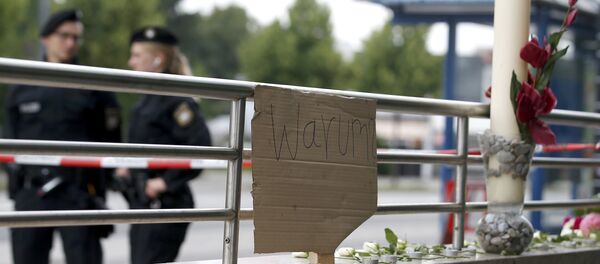The interview came a few days after Czech Deputy Prime Minister Andrej Babis wrote in his article published in the Czech magazine Expres that his country should not accept any asylum seekers under the EU quotas, even under the threat of the bloc's sanctions.
The Czech Republic was one of the states in the EU, along with Poland, Slovakia and Hungary that strictly opposed the implementation of the mandatory EU quota scheme to relocate thousands of refugees throughout the bloc, which was established in 2015.
Ernst, for her part, questioned the effectiveness of the EU's possible sanctions against the four countries, saying that it is impossible to support the migration system by exerting pressure only.
"We have to rethink the structure of the EU as a whole, not just migration policy, in order to achieve greater loyalty. Otherwise, the EU will be turned into a dispersed union of egoists, something that can partly be seen already now," she said.
Ernst also called on Germany, Belgium, France and the Scandinavian countries to do more to resolve the migration crisis.
"These countries should show more drive because they have better conditions for accepting refugees," she said referring to "generations of migrants who are living in these countries and who should help new refugees."
Separately, Ernst warned against holding a "scandalous" referendum on migration policy in Hungary in October, an event that she said could provoke what she described as "bullying".
In February, Hungarian Prime Minister Viktor Orban announced that his country would hold a referendum on the European Commission's mandatory quotas for the relocation of refugees, under which Hungary would be obliged to take in 2,300 refugees.
In September 2015, the European Commission called on EU member states to redistribute 160,000 asylum seekers from Africa and the Middle East throughout the bloc over a two-year period in order to tackle a major refugee crisis.




